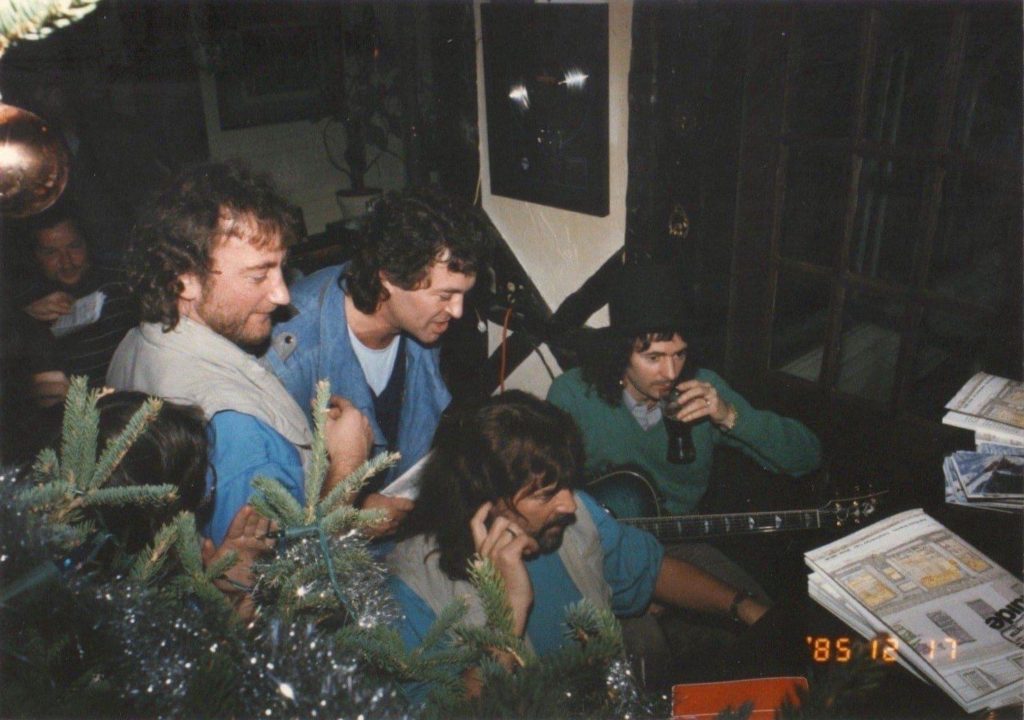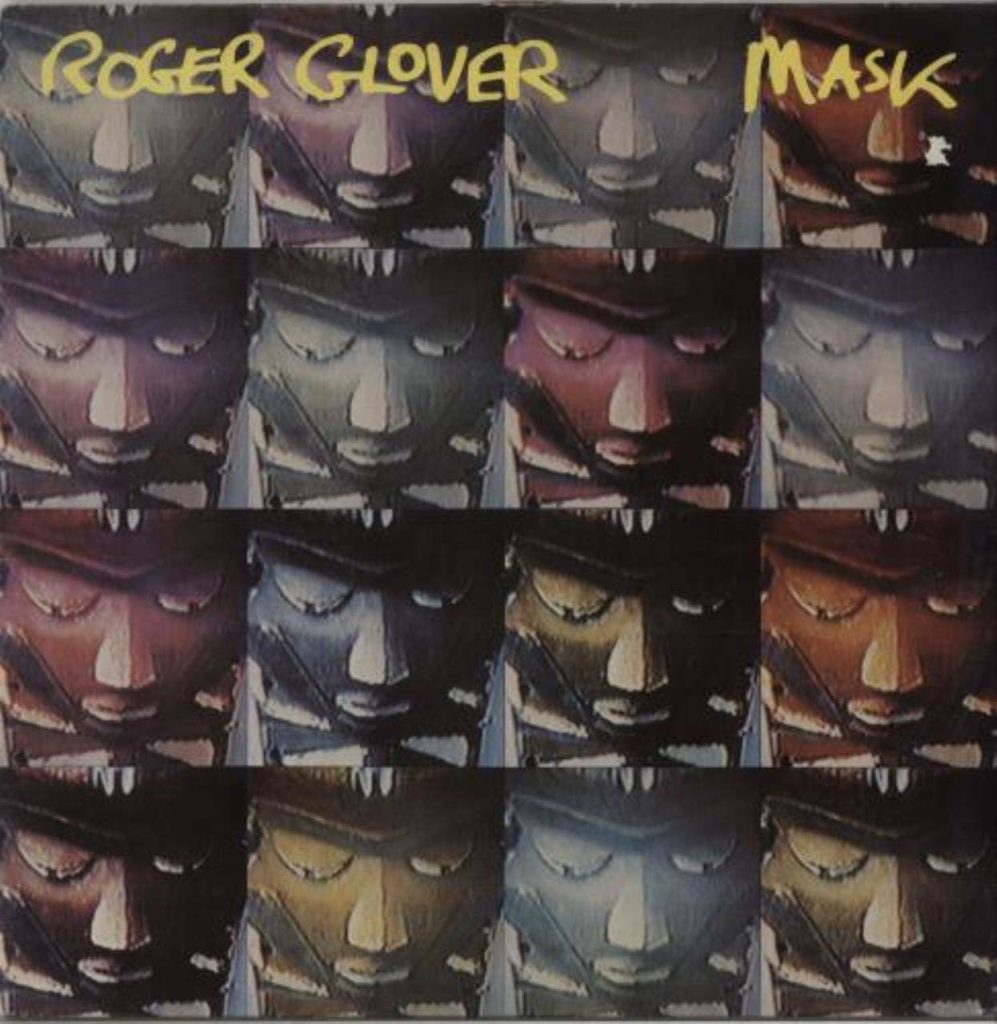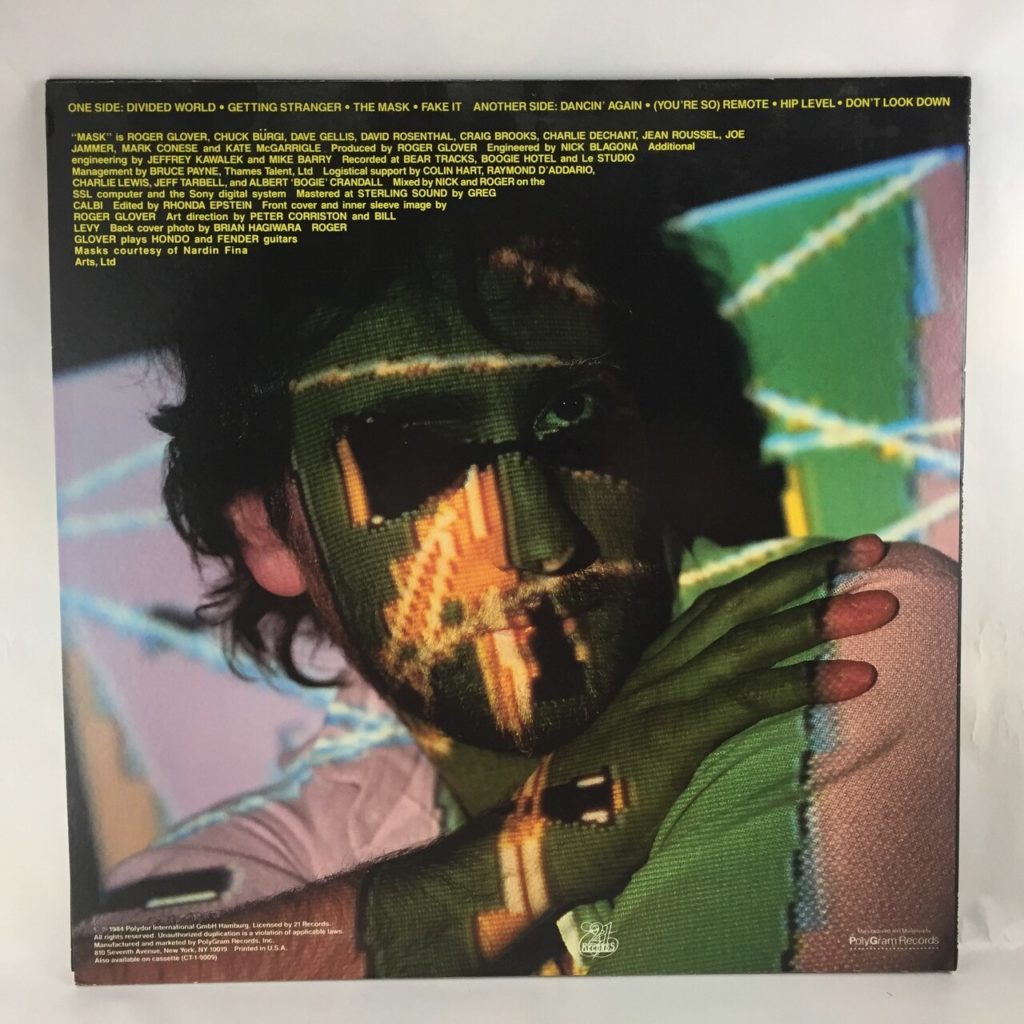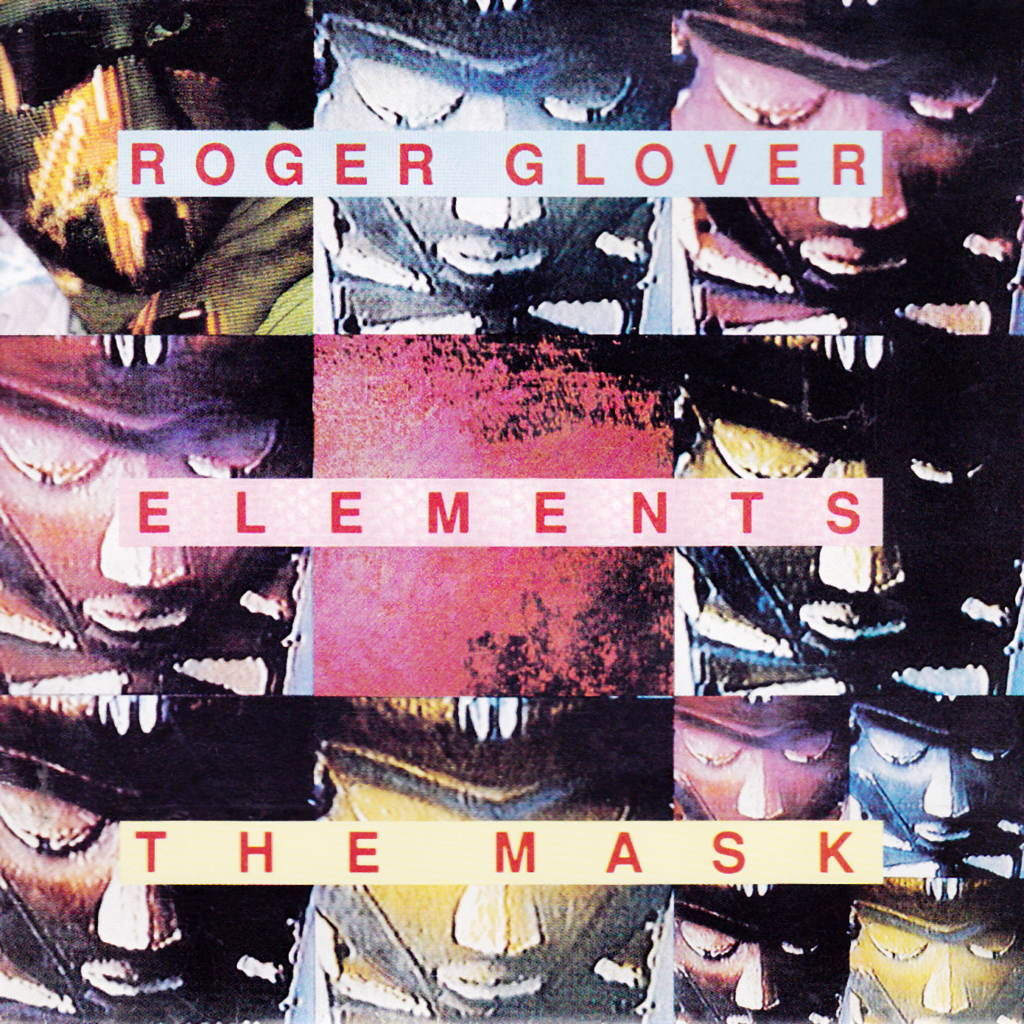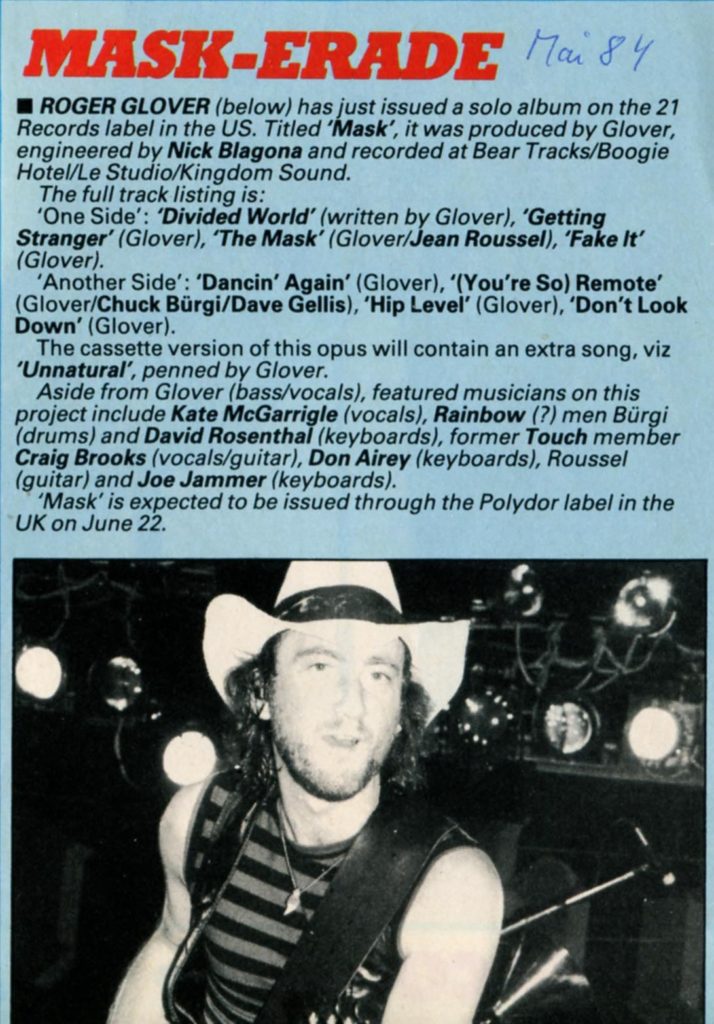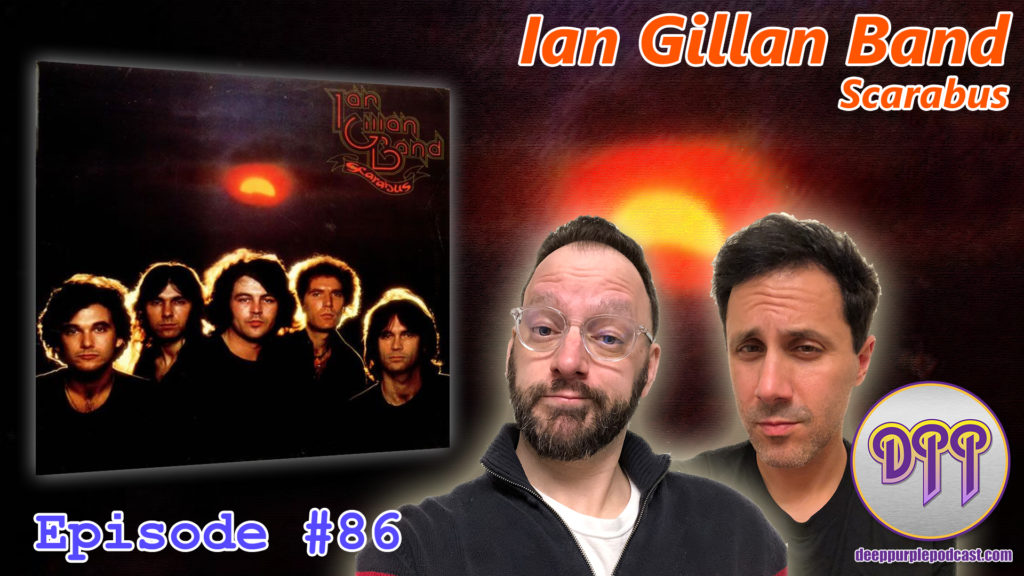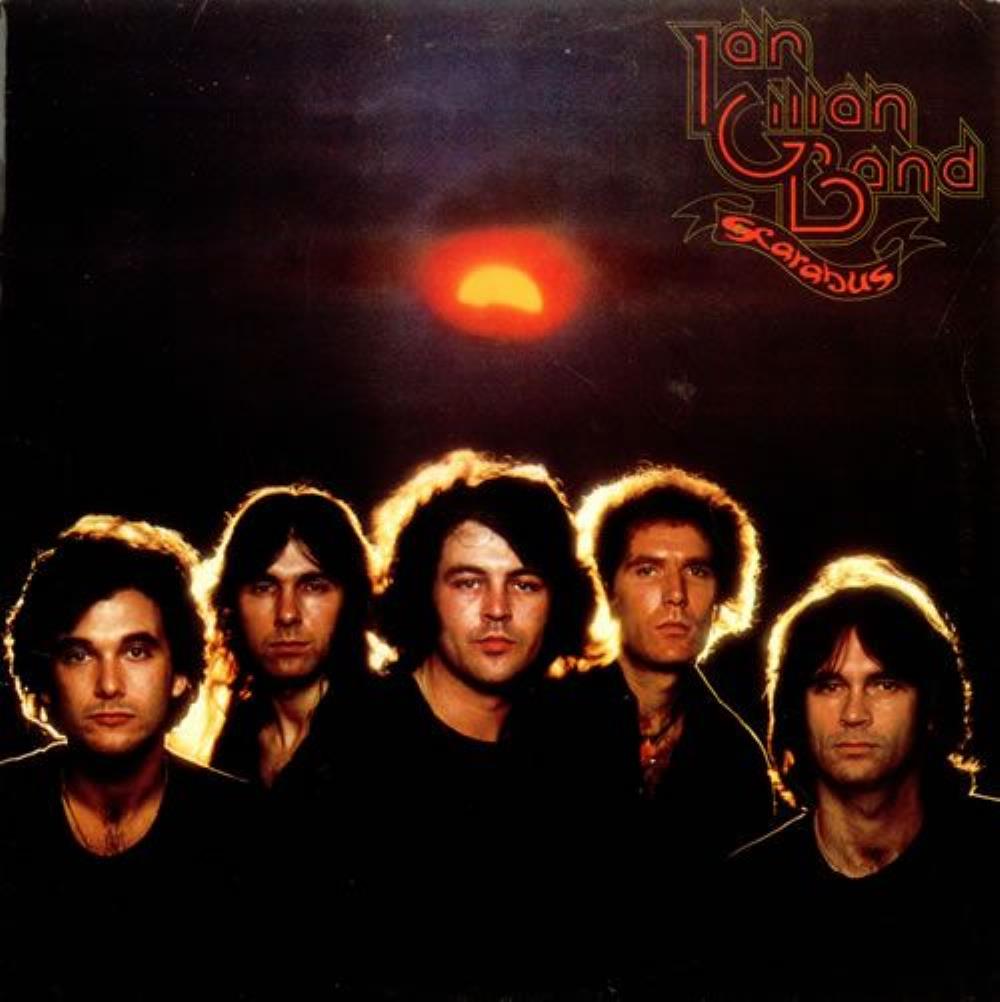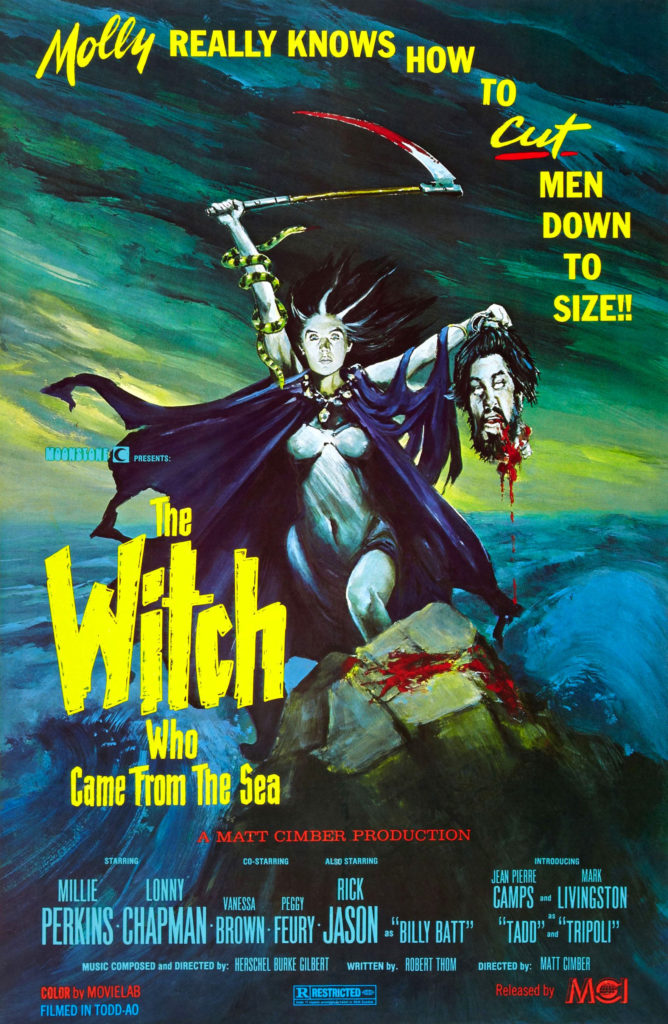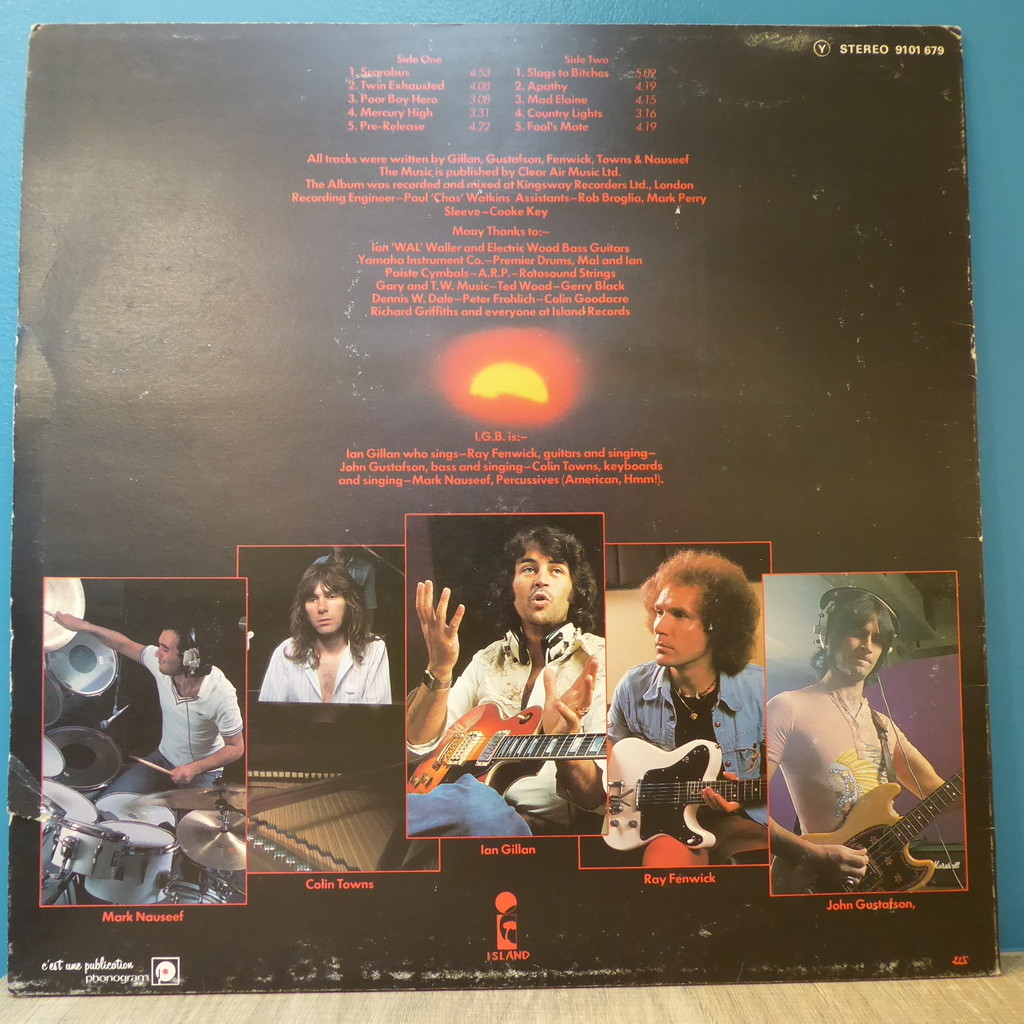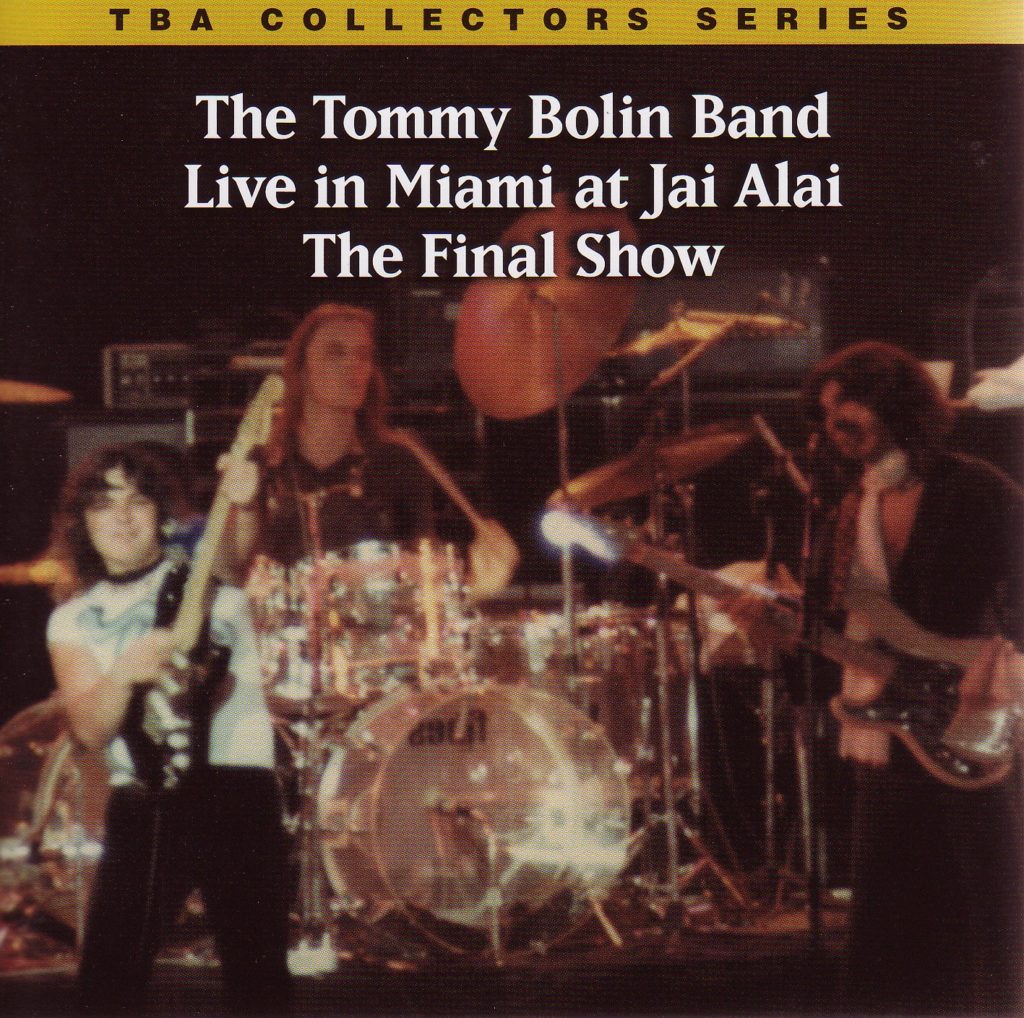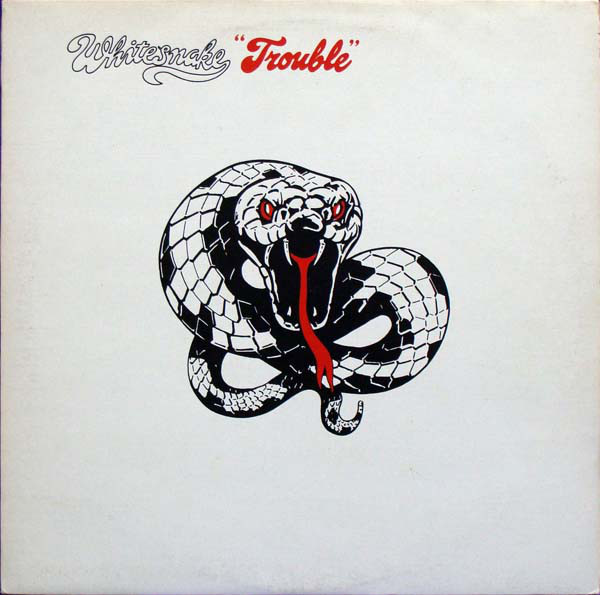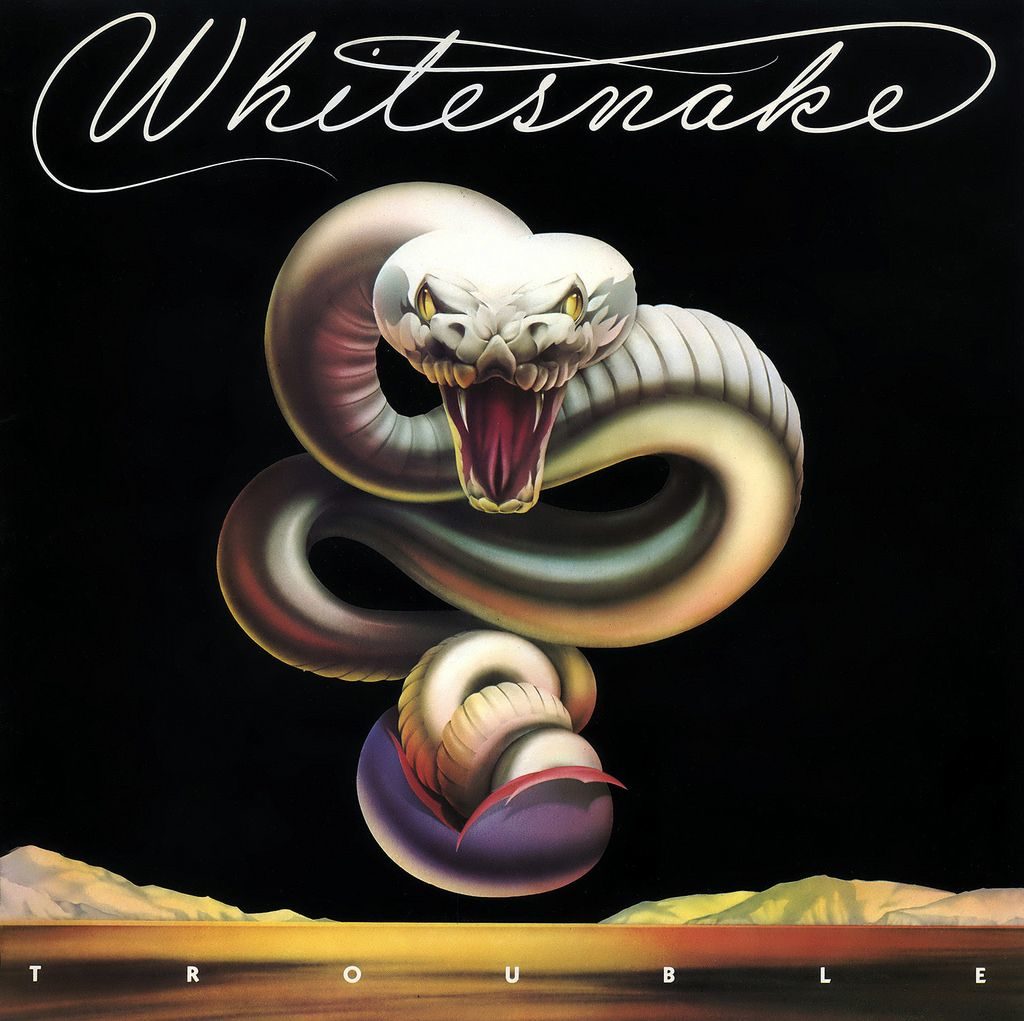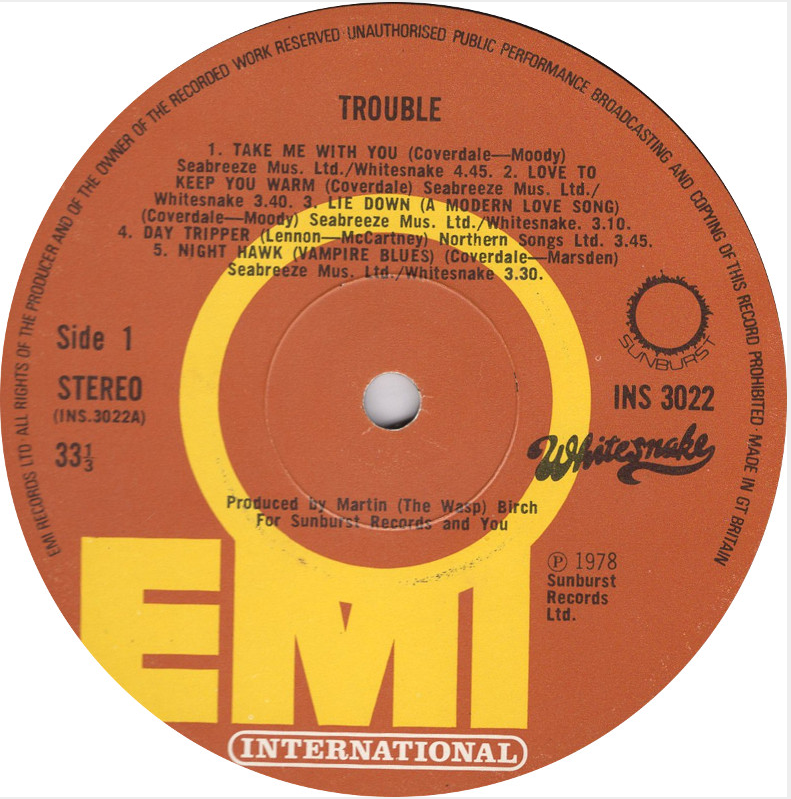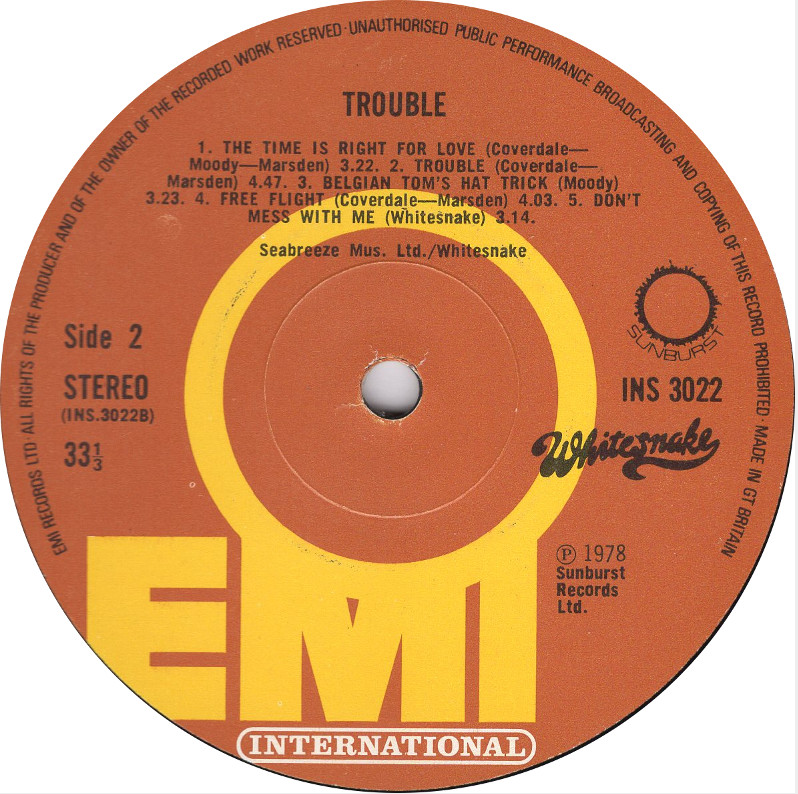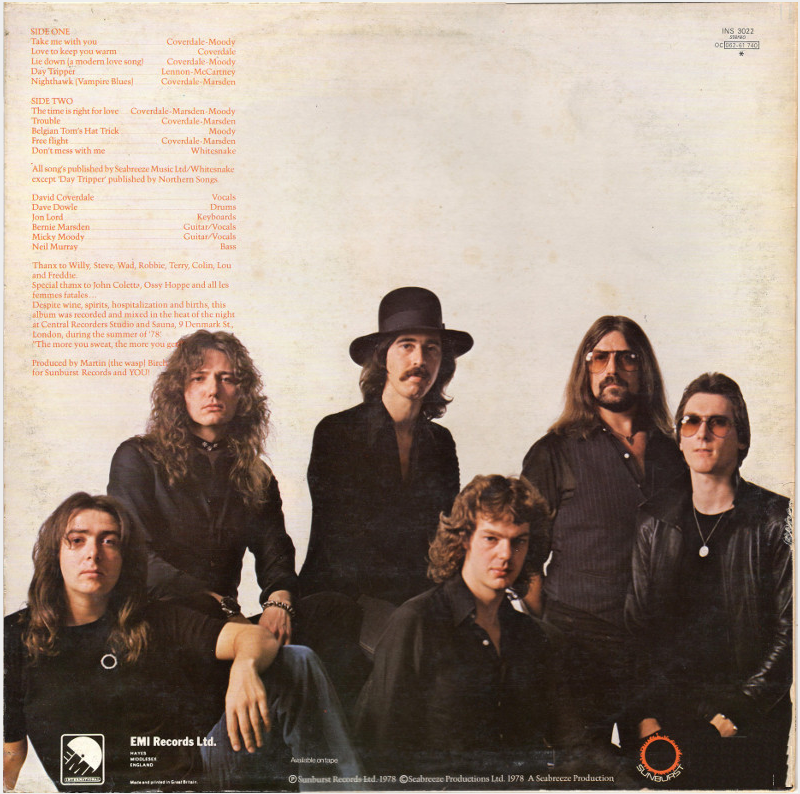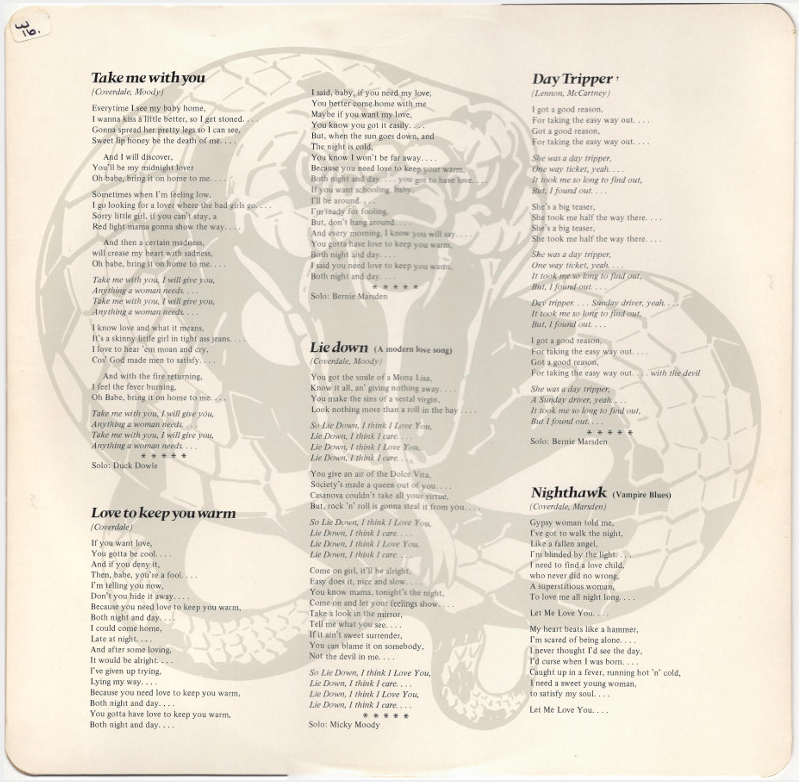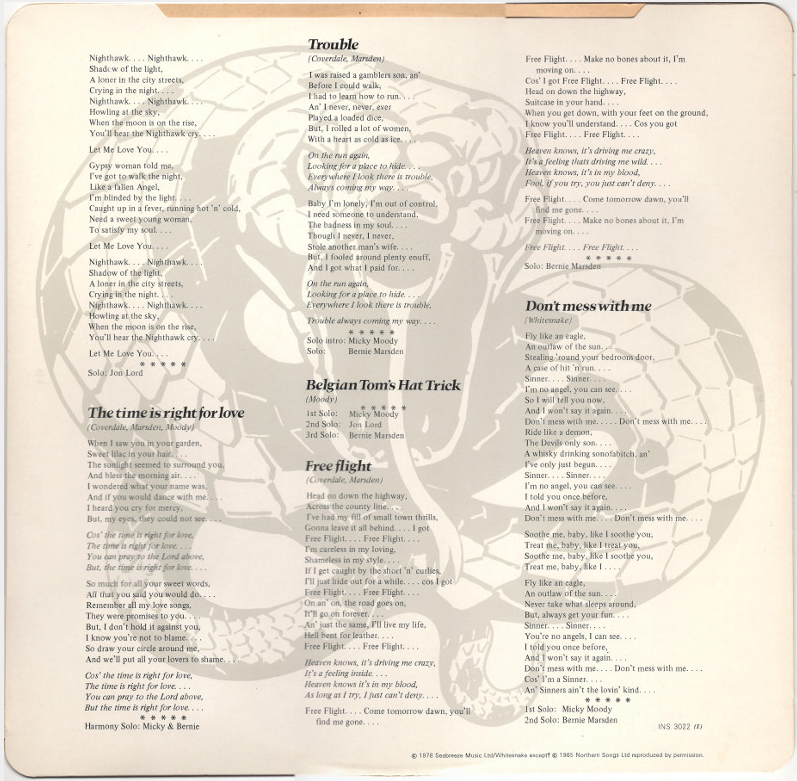Disclaimer: The video used on YouTube is a byproduct of producing our audio podcast. We post it merely as a convenience to those who prefer the YouTube format. Please subscribe using one of the links below if you’d prefer a superior audio experience.
Subscribe at Apple Podcasts, Stitcher, Google Podcasts, Overcast, Pocket Casts, Anchor.fm, Breaker, PodBean, RadioPublic, Amazon Music, or search in your favorite podcatcher!
Thanks to Our Show Supporters – Three Ways To Show Your Support
- Become a Patron on Patreon
- Donate on Paypal (Donate one time or click “make this a monthly donation” box)
- Leave us a 5-Star Review on Apple Podcasts
- The $50 “Soldier of Fortune” Tier
- John Tramontanis — MONTH OF JANUARY
- The $25 “Super Trouper” Tier
- Vacant
- The $20 “Shades of Deep Pockets” Tier
- Ryan M
- Gerald Kelly
- The $15 “Highball Shooter” Tier
- Alan Begg
- The Turn it up to $11 Tier
- Frank Theilgaard-Mortensen
- Clay Wombacher
- Mikkel Steen
- $10 “Some One Came” Tier
- Steve Seaborg (NameOnAnything.com, Alltheworldsastage.net) – Paypal
- Jeff Breis
- The Episode $6.66 Tier
- Richard Fusey – Paypal
- $5.99 The “Nice Price” Tier
- Fielding Fowler
- $5 “Money Lender” Tier
- Greg Sealby
- John Convery
- Arthur Smith
- German Heindl
- Adrian Hernandez
- Kenny Wymore
- Jesper Almén
- Oleksiy The Perfect Stranger Slyepukhov
- $3 “Nobody’s Perfect” Tier
- Peter Gardow
- Ian Desrosiers
- Mark Roback
- Anton Glaving
- Will Porter
- Andrew Meyer
- $1 Made Up Name Tier
- Ells Murders
- Spacey Noodles
- The “Revolting” Leaky Mausoleum
- Michael Vader
- Stephen Sommerville The Concerto 1999 Fanatic
- Raphael Choury (Raff Kaff)
Thanks to our Brothers at the Deep Dive Podcast Network:
- Ry @ Sabbath Bloody Podcast
- The Simple Man @ Skynyrd Reconsydyrd
- Terry “T-Bone” Mathley @ T-Bone’s Prime Cuts
- Paul, David, and Joe @ In the Lap of the Pods (Queen podcast)
- Scott @ The Magician’s Podcast
Thanks to the Patron Saint and Archivist of The Deep Purple Podcast:
- Jörg Planer – an essential Twitter follow
Buy Merch at Our New Etsy Store!
Show Updates:
- Comments from social media.
- Tommy Bolin Memorial Statue Fundraiser
- BreisHeim – The Mask
- Email from Per Sørensen
- Hi guys,
- Thanks for a great site. Writing from DK I saw them at the following show in Odense on that tour and a year later in Feb 73 also in Odense. The end of MK 2 was coming.
- Great memories. KB-Hallen would have about 4000+ in the audience and the other venues in DK (Odense + Aarhus) 3000-3500 at that time. We were allowed to be close, no chairs, but a lot of fun. Age between 14-18 and yes – we could smoke. KB-Hallen was a sports arena and that’s why the audience is everywhere – front and back.
- I saw them in KB Hallen whenever they came and last time was 2009 there. They have since done bigger venues in CPH indoor and especially outdoor (5 coin on Amager with Morse). Nowadays they are doing bigger places (ValbyHallen 2017) and in Sept 2021 Royal Arena (?)
- Even IG with Black Sabbath in KB Hallen as a guest in 1989 doing the encores SOTW and Paranoid.
- The 72 show was recorded and broadcast by Danmarks Radio (DR) – the Danish national TV broadcast station – and as you notice they didn’t quite know what to film and who did what in the band (RB missing a lot!!) It was shown prior to the 73 DK tour on TV, but only Child in Time and Lazy.
- I bought the same shirt as IG was wearing which you could also get in DK, even in Odense, so I guess it was pretty mainstream.
- IG was the hero in the press, then RB being called the next Hendrix, then JL as the spokesperson delivering the facts.
- in 72 Machine Head and Made in Japan went into the top 20 of the year in DK, even if MIJ came out in Dec 72.
- The opening act was Philip Goodhand-Tait, solo piano player, never appeared again. In 73 it was ELO in DK. They surely did – still popular here and easily selling 12000 tickets in CPH.
- BR Per Sorensen
- Jorg says: You asked for more connections 😉 John Lawton claimed too, that he was asked to join Deep Purple in 1973… And more a Whitesnake – Uriah Heep connection: Micky Moody did a number of shows with Uriah Heep back in 2010.
- Apple Podcast Reviews:
- 5 Stars!
- BreisHeim , 01/03/2021
- Heeere’s Johnny and Nate!
- These guys are like the Johnny Carson and Ed McMahon of the podcast world, and I mean that as a great compliment.
- Very entertaining show!
Lead up to the Album:
- On December 22, 2020 a video was posted on YouTube:
- Deep Purple 6 avril 1972 Québec + Randy California Blind Man
- The video was sent to me by Jorg within an hour of being posted.
- The video purported to be the long storied performance of “When a Blind Man Cries” the only time Deep Purple did it live in the 70s when Randy California subbed in for a sick Blackmore.
- There was posted by Robert Lafontaine:
- This is an extremely rare audio recording of a Deep Purple show with Randy California. I recorded it all in stéréo. Sadly, at the encore , somebody knocked down one mike and I stopped recording. So… no Lucille. The recording is a bit muddy at times ’cause people who were holding the mikes didn’t keep them horizontal, but upward facing the metal roof…
- Years later, I sent this recording to Randy and we chatted about music, his story, etc. He seemed to want to remix the show. In the vidéo there are many unreleased gems archives. The setlist was always wrong on a lot of websites. HERE’S THE REAL SETLIST FOR THIS RARE SHOW:
- Strange kind of woman
- Into the fire
- Child in time
- The Mule
- Lazy
- When a blind man cry
- Space Truckin’
- Lucille
- Randy was called in because Deep Purple cancelled 2 shows before heading to Québec city; Ritchie was out. Some could say it’s The Saint Graal for Deep Purple fans as the songs were never played with Ritchie. Someday maybe, I’ll post the entire show. Enjoy this great archive in the meantime…
- This show was never known to have a bootleg so this was big news.
- There was a lot of debate as to the authenticity of the recording.
- Of course fans WANT to believe but there were a lot of detractors citing the tone of Gillan’s voice, etc. But listening to it it just seemed like it must be authentic.
- On December 30, 2020 part one of the full concert was posted to Robert Lafontaine’s account:
- On December 31, 2020 the final video of the remainder of the concert was posted:
Deep Purple: Self-Evaluation Time Again
Jon Lord: “Randy was brilliant, God bless ’em, but everything had gotten to be such a bitch that we had to go home. We just couldn’t take it any longer.”
Personnel
- Ian Gillan – Vocals
- Roger Glover – Bass
- Randy California – Guitars
- Jon Lord – Organ
- Ian Paice – Drums
The Show:
Articles (Translated by Ian Desrosiers):
Deep Purple, 6 avril 1972…translation :
A substitute in Québec
On April the 6th 1972, Deep Purple stopped in Québec (City) with a singular formation. This night, instead of Ritchie Blackmore on guitar, the crowd saw Randy California getting up on stage. Blackmore was sick with hepatitis and the band felt they had a chance to impose themselves in this part/territory and they tried to finish the tour even with a substitute. “At the time, Randy California’s band, Spirit, was popular, so we approached him,” tells Roger Glover. “I think we rehearsed for just a couple of hours before getting on stage. He was a good guy, but, as talented as he was, it was not the right thing to do to pursue the tour so we stopped. It pushed back our chances to be recognized in America for 6 month or a year.”
Deep Purple, 6 avril 1972…translation :
Jon Lord Interview
After the concert the wheel kept on spinning for Deep Purple. The band took a plane to New York the same night and it’s Jon Lord, harassed by the road manager, that gave us 10 minutes of his precious time.
Quite happy by the reaction of the Québec crowd, Lord is surprised to learn that some fans blame the new direction of the band on recent albums. He says that at the beginning of their career Deep Purple suffered from the “studio sickness.” The band didn’t really know what to do and what looked like a precise direction from the outside, was in fact the result of a quasi-improvisation where Lord’s classical formation took an important place. The last albums, Fireball and Machine Head, give a more precise idea of the music that the band plays on stage. Deep Purple is essentially a “rock n’ roll band” and the classical experiments will be relegated to solo output like “Gemini Suite” released last fall under Lord’s name.
This back to basics is not limited to only music, the lyrics are more simple, they could be judged as simplistic even, but Lord says that the band sees it as a way to get away from a morbid intellectual movement that plagues the world of rock. The lyrics are parodies of the first rock songs, but it’s just a gentle way to mock things that we like.
The simple stories found in Deep Purple’s lyrics translate, in a good way according to Lord, the band reality. Jon Lord doesn’t want to be seen as a demi god like some other musicians. His only responsibility on stage is to give the public what they paid for: music and good times.
People often interpret lyrics in a way to find meanings or messages, and in this way, it’s with prejudice that the band was labeled as “speed freaks.” Up until recently, the word “speed” in England did not mean amphetamine, and it’s with a great surprise that the band found that some saw in “Speed King” a drug song that contributed to making it a hit.
Lord says that drug taking is rare in English bands. The members of English groups consider themselves more like musicians than members of a big family of “smokers,” and this priority for the music is an element that helps make the English bands to be considered the best. We could not learn more; the wheel keeps on turning…
Jacques Marois,
special collaborator
Concert review
Deep Purple finally gave their concert in Québec (city), after waiting for eight months, a couple of snowstorms and lots of work.
That’s it, Deep Purple comes up on stage. Ian Gillan gets in front and says that Ritchie Blackmore is sick and will be replaced by Randy California, but nobody listens. People whistle, people scream, THEY are finally here.
The band starts with “Strange Kind Of Woman.” The sound is perfect, powerful and precise. But the musicians look hesitant (we will understand why, later after the concert, when we learn that California had only 2 days to rehearse with the band). But after “Into The Fire,” an old hit two years ago, we witness a high class of rockers and the guitar player is not here to take it easy.
Gillan announces “Child In Time,” one of the most beautiful Deep Purple songs. A quiet beginning on the organ and the band launch themselves into a fast “boogie” : hard to describe, but those who already heard a good guitar solo played on a Strat going through two Marshall amps at 400 Watts know. A police officer inside the Colisée (it’s the old hockey rink for the Quebec’s Nordiques) says to a woman watching the show “It’s catchy. I want to dance.”
Next, “The Mule.” Roger Glover (bass) and Ian Paice (drums) go crazy while Jon Lord gets some violin sounds from his organ. Ian Paice stays on stage alone and does a drum solo, that if he doesn’t dazzle by the complexity, surprises by his rapidity and energy. Paice doesn’t stop there and continues full speed into “Lazy” while Glover gives a demonstration of the way bass should serve hard rock.
Roger Glover is, with Tim Bogert (Cactus) one of the best rock bassists that played here.
Jon Lord had some problems with his organ.
The next number, “When A Blind Man Comes [sic]” is a really beautiful blues telling the story of a blind man abandoned by his mistress after knowing bliss with her. Gillan captures the atmosphere of the piece really well and shows that he’s truly a great singer knowing how to use his voice to the maximum effect in any musical genre.
Randy California ends the blues with an excellent solo helped by a volume pedal. He is, finally, the surprise of the night, playing soberly and effectively (his playing and personality on stage reminds me of Rayburn Blake, ex-Mashmakhan). It’s a real tour-de-force accomplish by California to fit in a band with whom he rehearsed for only 8 hours with: knowing the band, we could only admire the guitarist.
The concert ends with “Space Truckin’” on a rapid rhythm. Encore. “Lucille,” an old classic, and a guy dancing in front of the stage since the beginning of the concert finally finds himself on stage with Gillan.
Everyone got out of the Colisée with a smile on their lips.
Listener Mail/Comments
- Comments about the show? Things you’d like us to cover? We’d love to hear from you. Send us an email at info@deeppurplepodcast.com or @ us on Twitter, Facebook, or Instagram.


